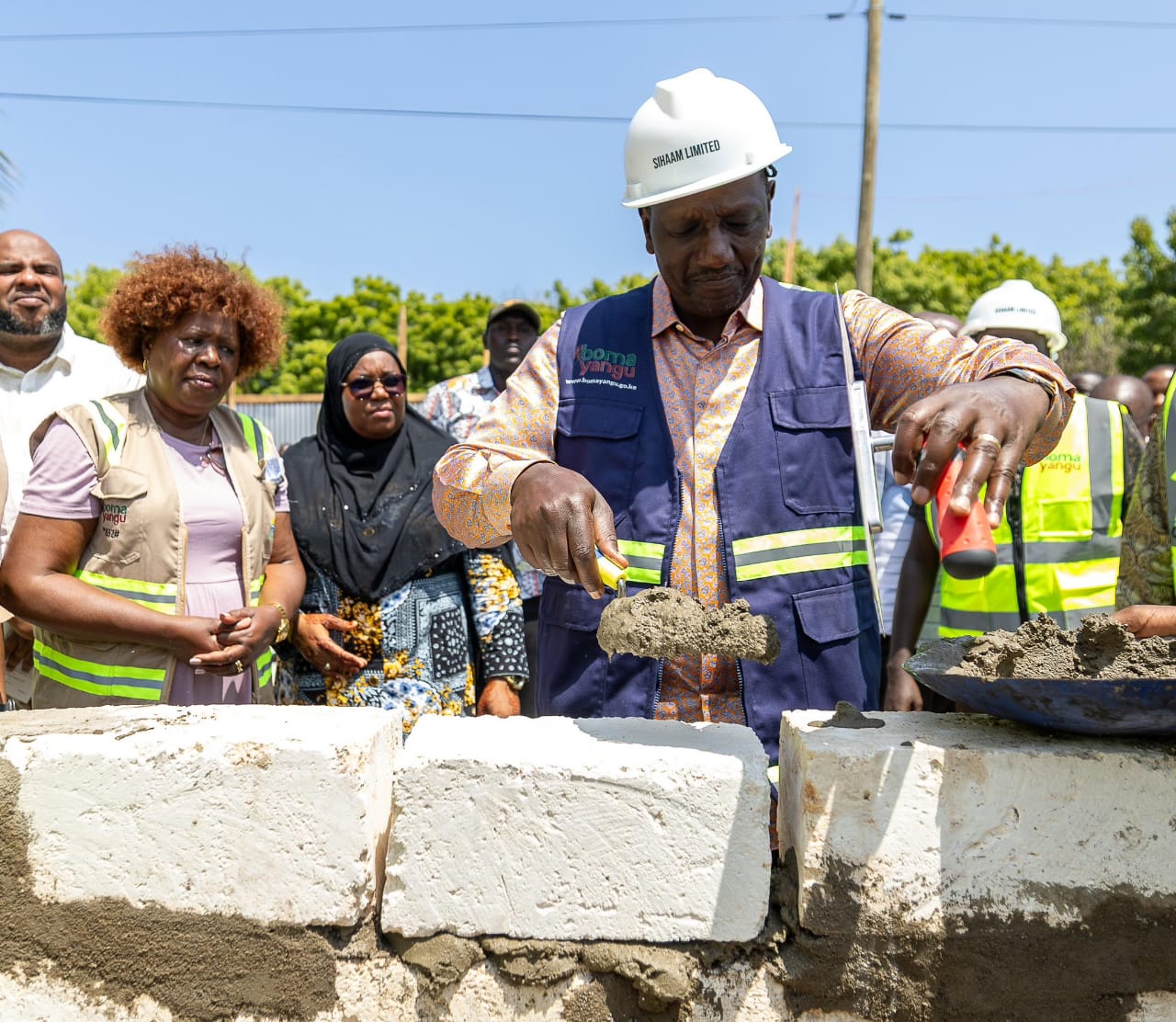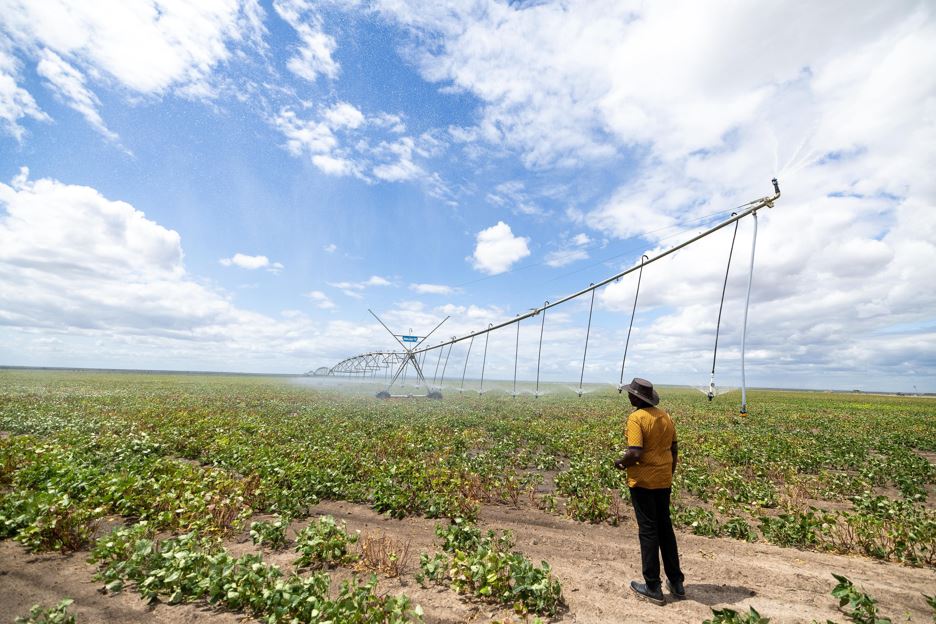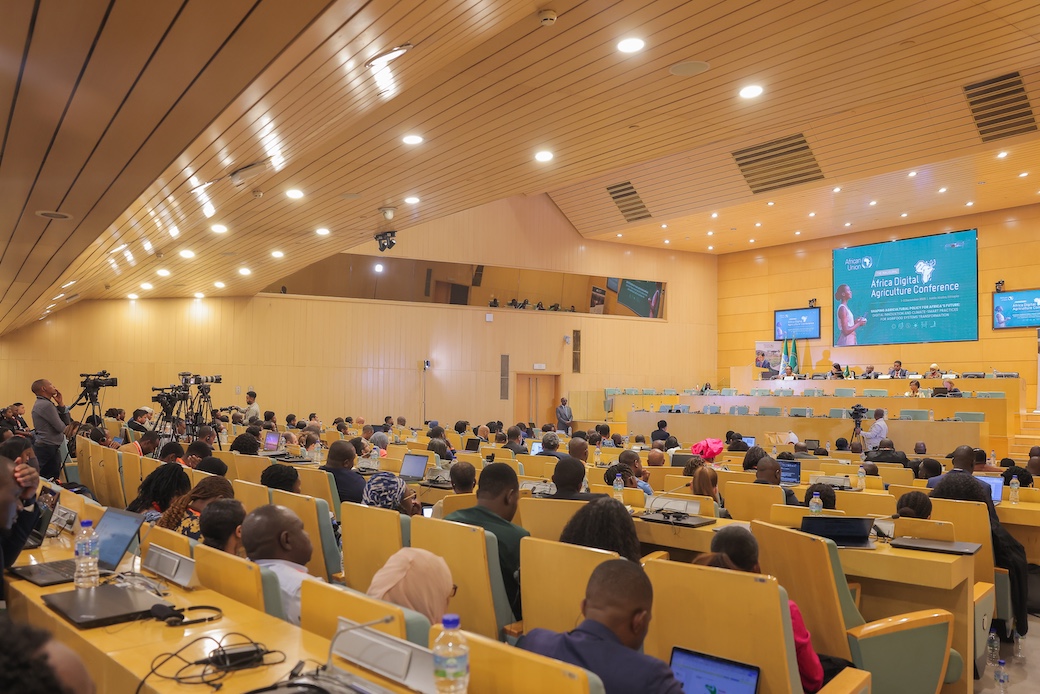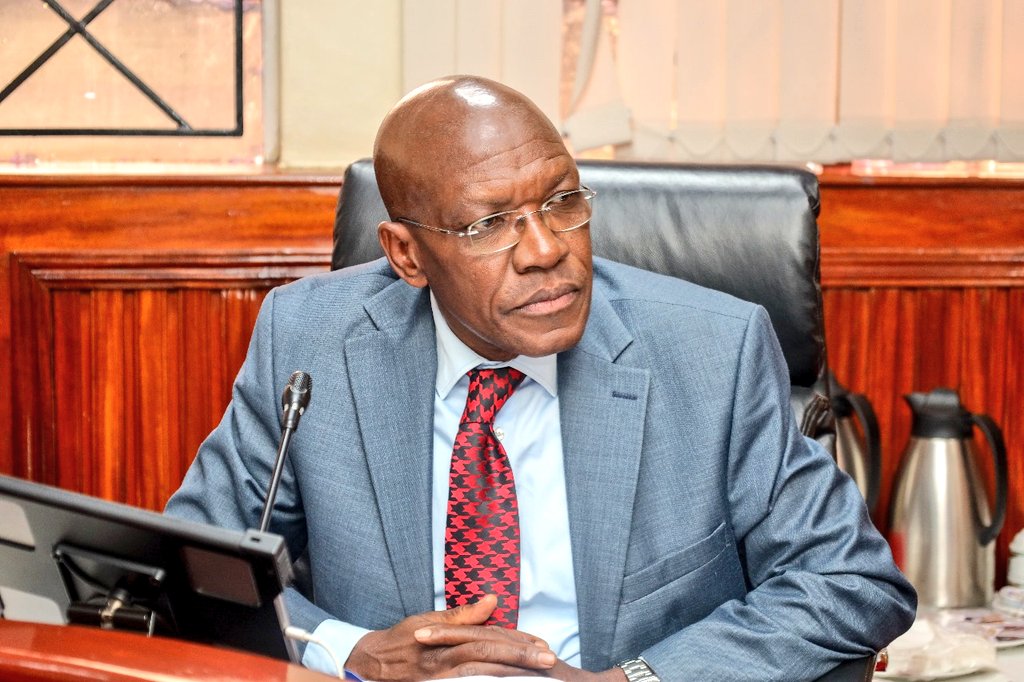Construction sector seen as Kenya’s weakest job creator in 2025, CBK survey shows

A new CBK survey shows none of the firms in the sector plans to hire new workers in 2025, raising questions over the government’s affordable housing programme, which had been touted as a game-changer for employment.
Kenya’s construction sector has the least potential for job creation this year, with companies citing high taxes, energy costs and weak demand as key barriers to expansion.
A new Central Bank of Kenya (CBK) survey shows none of the firms in the sector plans to hire new workers in 2025, raising questions over the government’s affordable housing programme, which had been touted as a game-changer for employment.
More To Read
- Kenya ranked Africa’s most competitive economy in International Institute for Management Development 2025 Index
- Ruto: Under my reign the cost of living, inflation has gone down
- CBK data shows Sh344 billion decline in mobile money transactions, steepest drop in 18 years
- CS Mbadi tables new banking rules targeting non-compliance, unethical practices
- Kenya’s exports to EAC partners grow as diaspora sends Sh1 trillion home
- CBK targets Sh40 billion in new Treasury bond auction
The CBK survey conducted between September 8 and 19, 2025, found that all executives in the construction sector stated they “definitely won’t” or “probably won’t” increase the number of employees this year compared with 2024. This is a drop from July, when 20 per cent of construction companies had signalled intentions to hire more workers.
The survey, which included responses from 190 chief executives across multiple industries, noted that “other sector-based risks included concerns about increased taxation, high energy costs, high cost of doing business and weak purchasing power, cited by the construction and hospitality sector respondents.”
Over the year, the sector’s hiring outlook has steadily declined. In January, 25 per cent of construction firms anticipated adding workers, rising to 33 per cent in March, then falling to 20 per cent in May and July.
The sector’s bleak outlook comes as public procurement activities slowly recover from a three-month halt caused by delays in implementing the electronic government procurement (e-GP) system.
In contrast, other sectors have shown stronger hiring intentions. The transport sector now has half of its executives planning to recruit more employees, compared with none in July. The agriculture sector also recorded improvement, with 54 per cent of companies expecting to hire more staff this year, up from 40 per cent in July.
The survey also shows that more than 1,000 Kenyan chief executives from the private sector remain cautiously optimistic about the economy, but warn that shrinking incomes and continued job losses are likely to reduce consumer spending.
Many CEOs said they expect higher import costs for inputs and finished goods and reduced exports to the U.S. after the expiry of the African Growth and Opportunity Act (AGOA).
“Most respondents anticipate being affected by the recent U.S. trade tariffs and policy changes through higher import costs for inputs and finished goods and reduced exports to the U.S. after the expiry of AGOA,” reads the survey.
“They also expect lower consumer demand due to reduced disposable incomes from declining profits and job losses, as well as secondary effects on local businesses reliant on affected clients.”
The report revealed that the hospitality industry has already seen reduced activity, with fewer conference bookings from NGOs and donor-funded programmes. Within this sector, tourism, hotels, and restaurants are the most affected, with 32.7 per cent of CEOs reporting negative impacts. Manufacturing follows, with 22.4 per cent citing higher costs and reduced export opportunities.
Financial and professional services each accounted for 12.2 per cent, while ICT, telecommunications, and wholesale and retail trade recorded 6.1 per cent each. Agriculture was least affected at 4.1 per cent.
The survey also showed that most Kenyan business leaders anticipate stable employment levels in the coming months. Seventy one per cent of CEOs expect staffing to remain unchanged, 20.2 per cent plan to increase employment, while 8.3 per cent foresee reductions.
Prices of goods and services are projected to rise moderately due to higher input costs following global commodity trends. Firms may face pressure to increase selling prices, even as festive season discounts are used to attract customers.
Despite these challenges, companies reported improved growth prospects for the Kenyan economy over the next 12 months, citing continued macroeconomic stability, favorable weather, seasonal factors and expectations of easier access to credit due to declining bank lending rates. Most respondents also anticipate better company-level performance over the same period.
The CBK survey highlights the uneven economic recovery across sectors, with construction struggling despite cautious optimism among CEOs in other industries.
Top Stories Today












































